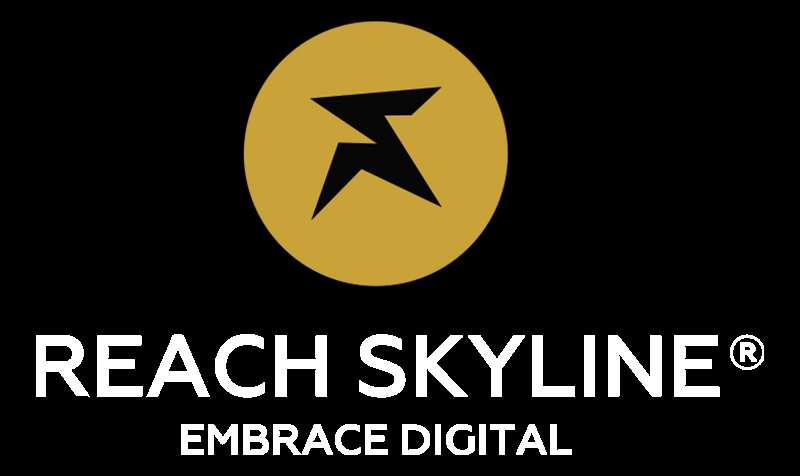In today’s fast-paced world, economics is often reduced to numbers, markets, and profits. However, there’s a deeper, more human side to economics that often goes overlooked. It’s not just about money. Economics is about people, the choices we make, and the impact our decisions have on society. As a business owner or entrepreneur, understanding the social side of economics is crucial for creating a business that thrives both financially and responsibly.
The Ripple Effect of Economic Decisions
Every economic decision we make extends far beyond the confines of balance sheets. When a business invests in a new project, it’s not just an investment in revenue, it’s an investment in the community, jobs, and the overall quality of life. Similarly, every purchase we make does more than exchange money for goods, it drives demand, supports industries, and sustains jobs. These are social actions. As business leaders, it’s important to recognize that the economic impact of your decisions doesn’t end at your business. It affects entire communities and shapes the social fabric around you.
The Role of Businesses in Society
Businesses can no longer operate in isolation, ignoring the social dimension of economics. Today’s consumers care deeply about what a company stands for, not just what it sells.
- Studies show 66% of consumers are willing to pay more for sustainable products.
- A great product or low price is no longer enough social responsibility, employee treatment, and environmental impact are critical to success.
- Companies like Patagonia demonstrate how prioritizing social responsibility can drive loyalty and profitability.
- Their mission to protect the planet resonates with customers, setting them apart in a competitive market and boosting long-term success.
Ethics in Business Economics
When we talk about business economics, we cannot ignore the role of ethics. Every decision, whether it’s sourcing materials, paying wages, or how you treat employees, carries ethical implications. In the past, businesses were primarily judged by their profits. Today, they’re evaluated based on their values, and those values are becoming more transparent than ever. Social media, consumer advocacy groups, and employees themselves hold businesses accountable in ways that were once unimaginable.
For instance, many Digital Marketing Agencies are increasingly being scrutinized for their ethics. In the era of data-driven marketing, how agencies use consumer data can have significant social implications. Ethical practices not only help businesses avoid scandals but also foster a culture of trust and respect, which is beneficial for long-term growth. A company that prioritizes ethical practices is more likely to build lasting relationships with customers, employees, and stakeholders.
Investing in People for Long-Term Success
The relationship between business economics and society is reciprocal. Investing in employees through fair wages, education, and work-life balance not only fosters well-being but also drives long-term success.
- A prosperous society supports a thriving economy, benefiting businesses and communities alike.
- Companies prioritizing employee well-being see higher loyalty, creativity, and productivity.
- For example, a tech company offering healthcare, flexible schedules, and development programs attracted top talent and boosted innovation.
- These investments built a strong reputation and sustained growth, proving that prioritizing people leads to profitability.
Thinking Beyond Profits
If you want your business to succeed, it’s important to look beyond just the financials. Economic success isn’t just about maximizing profits—it’s about maximizing value for everyone involved. A business that recognizes its social impact creates value not only for itself but also for its customers, employees, and communities. Today’s most successful businesses understand that the future of business isn’t just about making money—it’s about making a difference.
This mindset isn’t limited to large corporations. Small businesses and Digital Marketing Agencies alike can benefit from considering the social dimensions of economics. Whether through sustainability initiatives, community involvement, or ethical business practices, businesses of all sizes can create value by focusing on people rather than just profits. These small changes can lead to significant long-term benefits.
Incorporating Social Responsibility into Your Business Model
The future of business success lies in creating a balance between profitability and social responsibility. By understanding the social dimension of economics, you can create a business model that works not only for you but for the broader community. As you plan your next steps, ask yourself: How can you create more value for those around you? What changes can you make to align your business practices with the values that matter most to your customers and employees?
The economic landscape is evolving, and businesses that understand this shift will be the ones that thrive in the long run. By embracing the social dimension of economics, you position your business for success while contributing positively to the world around you.


